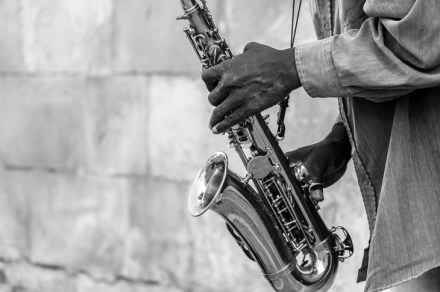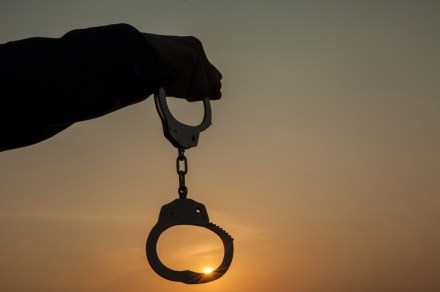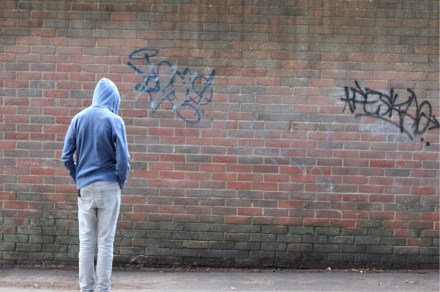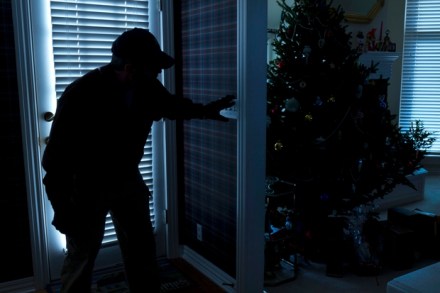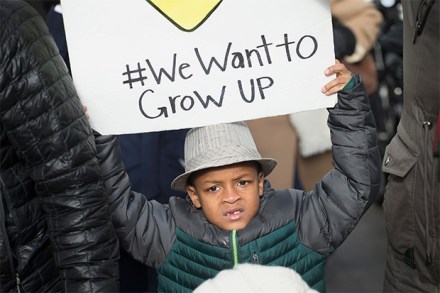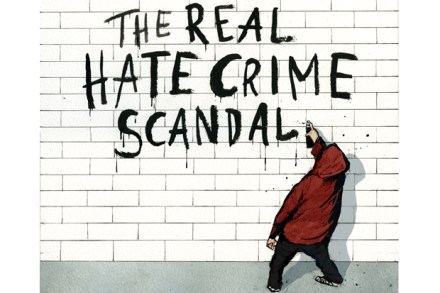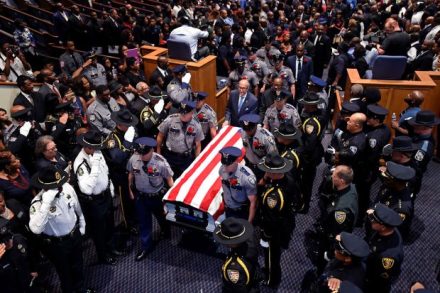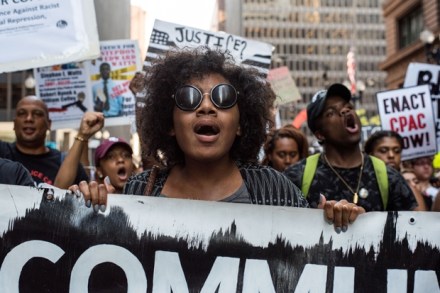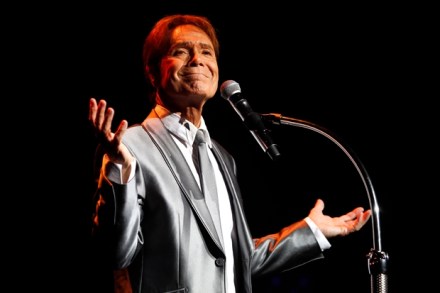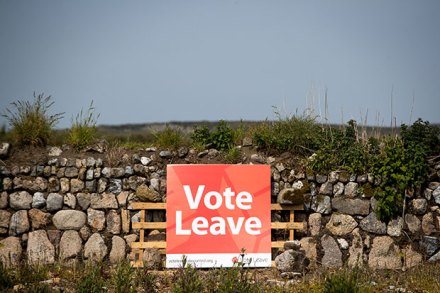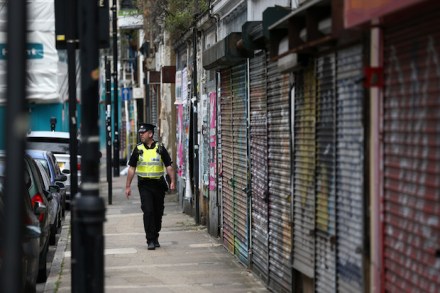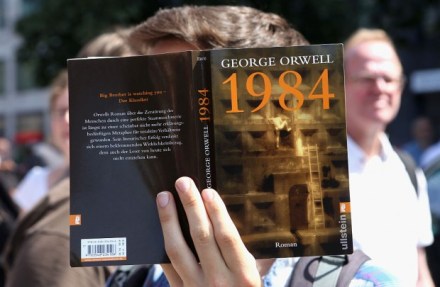Who’s the expert now?
The title might be taken as a provocation. In the compressed language of digital media, white tears, like first-world problems or man flu, are an ersatz version of the real thing. More plainly, the gripes and complaints of white people are, according to certain social codes, unearned and inauthentic. This zeitgeisty novel gives us two men who are preoccupied to the point of mania by the question of authenticity: young white New Yorkers obsessed with the blues. They work as music producers, but this being the post-pop 21st century they are stuck with white novelty rappers. Carter, the richer of the two, prefers old black music, the more ancient-sounding the
